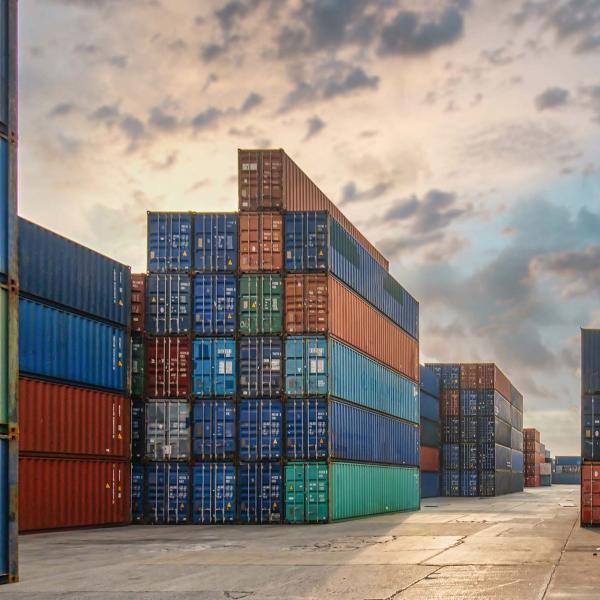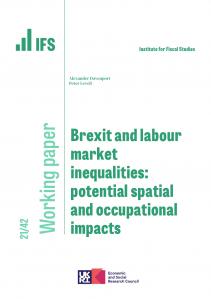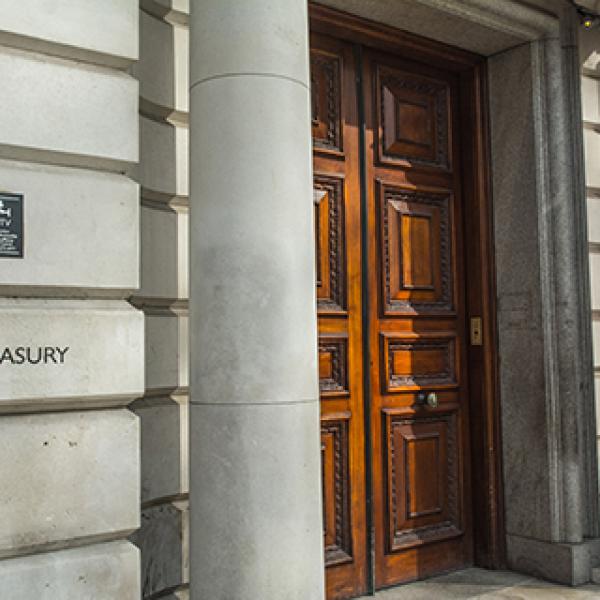The UK public has voted to leave the European Union. But the economic choices that still face us are very big. Perhaps the most important is the choice over whether the UK retains membership of the single market. Despite the efforts of some to confuse the issue “membership of” the single market is entirely different to “access to” it. Membership may come at the cost of continuing to contribute to the EU Budget and accepting future regulations designed in the EU. Those costs are salient and the benefits of membership are diffuse – but the financial benefits are real and, at the moment at least, likely to outweigh the financial costs.
A new report by IFS researchers, funded by the ESRC and published today: The EU Single Market: The Value of Membership versus Access to the UK looks at what membership of the single market brings in terms of the potential benefits for trade, especially in services, and the likely obligations. It also considers the potential for new trade deals beyond the EU and the economic and public finance implications of potential options.
The report finds:
- Single Market Access is virtually meaningless as a concept. Any country in the World Trade Organisation (WTO) – from Afghanistan to Zimbabwe – has ‘access’ to the EU as an export destination. Single Market ‘membership’ by contrast involves elimination of barriers to trade in a way that no existing trade deal, customs union or free trade area achieves. In particular it means reducing “non-tariff” barriers like licensing and other regulatory constraints to supplying goods or services. These sorts of barriers have become relatively more important to trade than tariffs (taxes on trade), and especially so for services.
- UK service exports are especially important. They accounted for 31% of all exports in 1999 and 44% of exports in 2015. The UK runs a significant trade surplus in services and the EU is the UK’s largest service export destination, accounting for 40% of service exports whereas emerging economies such as Brazil, Russia, India and China together account for less than 5%.
- Single Market Membership is particularly important for financial services. So-called ‘passporting rights’ mean that UK-based financial firms can service EU businesses and customers directly. To maintain these rights would likely require membership of the European Economic Area (EEA). But that would come at the potentially considerable cost of submitting to future regulations designed in the EU without input from the UK. The UK may have to make some very difficult choices between the benefits from passporting and the costs of submitting to external imposed regulation.
- New trade deals unlikely to compensate fully for EU trade. The EU accounts for 44% of our exports and 39% of our service exports. If the UK we are able to access the European Free Trade Association’s existing deals they would cover over 10% of UK exports which is more than the EU's current third-country deals. Countries such as China and India together account for 4.6% of all exports, and 2.6% on services. Even small proportionate losses in trade (or lost growth in trade) with the EU would require quite dramatic – and probably implausible –increases in trade with such countries.
- Single Market membership could be worth 4% on GDP relative to reliance on WTO terms. Free trade agreements short of single market membership would have economic effects intermediate between these options.
- Direct budget impacts are secondary relative to overall economic outlook. No large country currently enjoys membership of the Single Market without free movement of people alongside a financial contribution. While leaving the EU will free the UK from having to make a budgetary contribution, loss of trade could depress tax receipts by a larger amount.
Ian Mitchell, Research Associate at the IFS and an author of the report said:
“From an economic point of view we still face some very big choices indeed in terms of our future relationship with the EU. There is all the difference in the world between ‘access to’ and ‘membership of’ the single market. Membership is likely to offer significant economic benefits particularly for trade in services. But outside the EU, single market membership also comes at the cost of accepting future regulations designed in the EU without UK input. This may be seriously problematic for some parts of the financial services sector. Choices in these domains will most likely be far more important than any deal on budget contributions.”
ENDS
Notes to Editors:
1. ‘The EU Single Market: The Value of Membership versus Access to the UK’ by Carl Emmerson, Paul Johnson and Ian Mitchell will be available on the IFS website ifs.org.uk from 00.01 on Wednesday 10 August 2016.
2. This work was produced with funding from the Economic and Social Research Council through the The UK in a Changing Europe











